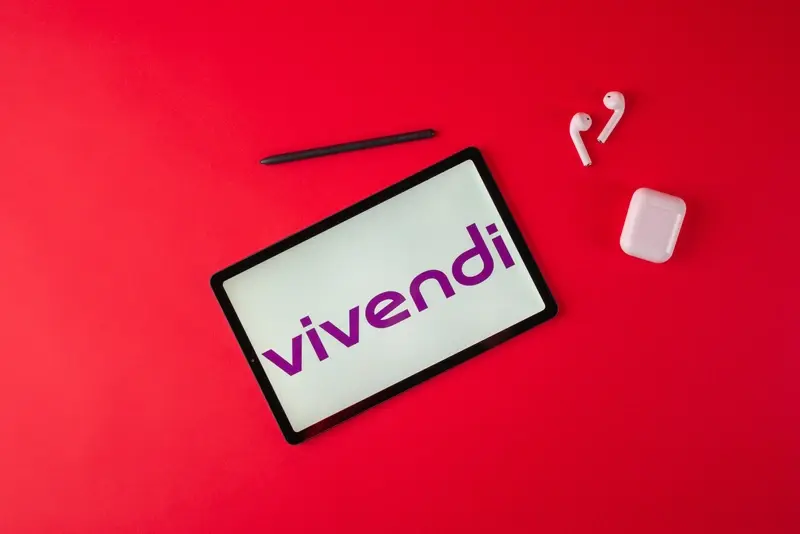
- Vivendi shares jump over 8%
- Split would give added value to shareholders
- Universal Music spun off in 2021
Shares in Vivendi (VIV:EPA) were up over 8% to €9.70 in morning trading as the French media giant said it was considering splitting itself up three ways.
In the story first reported in the Financial Times the owner of Gameloft, Groupe Canal+, Havas, Prisma Media, Vivendi Village and Dailymotion said that it was in talks ‘with bankers and lawyers to evaluate the feasibility of such a plan.’
‘Since the distribution and listing of Universal Music Group in 2021, Vivendi has endured a significantly high conglomerate discount, substantially reducing its valuation and thereby limiting its ability to carry out external growth transactions for its subsidiaries.
‘Canal+, Havas and Lagardère are currently experiencing strong growth in an international context marked by numerous investment opportunities,’ the Paris-based company said in a statement on their website.
WHY THREE-WAYS?
Vivendi went on to explain the reasoning behind the possible three-way split as necessary to ‘fully unleash the development of all its activities.’
If it was to go ahead the French media giant would be split as follows (with each separate being listed on the stock market): Canal+, Havas and an investment company with listed and unlisted financial stakes in the cultural, media and entertainment sectors, which would include the majority stake in the Lagardère group.
UBS analyst Adam Berlin said in a research note that the three separate entities could fetch a market valuation of about 40% higher than where they are currently valued.
VIVENDI’S BIGGEST SHAREHOLDER
Shares in Bollore (BOLL:EPA), the holding company of French billionaire Vincent Bollore, which is Vivendi's biggest shareholder, rose 3.1% on the news.
JP Morgan analysts said: ‘The proposal unlocks value while at the same time making it easier for Bollore to increase its stakes in the operating assets at some point in the future.’
JP Morgan analysts expect the split process to take up to a year.
‘It also means that Bollore does not need to pay a premium for non-operating assets that it does not see as strategic,’ they added.




